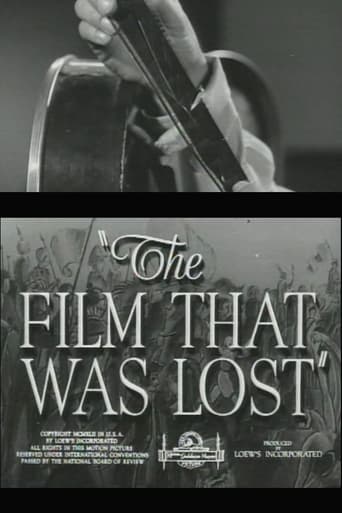
31 Oct 1942

The Film That Was Lost
In this John Nesbitt's Passing Parade short, a look is taken at the problems of film preservation efforts in the 1930s and early 1940s.
This John Nesbitt's Passing Parade short tells the story of John Peter Zenger, who in Colonial New York was tried for sedition based on what he printed in his newspaper.

Narrator (voice)
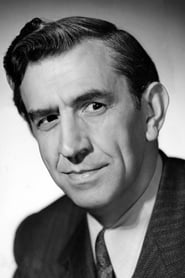
John Peter Zenger (uncredited)

Courtroom Spectator (uncredited)
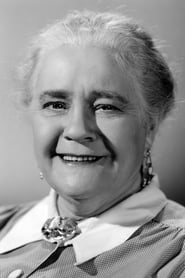
Woman Reading Newspaper (uncredited)

Trooper (uncredited)

Attorney John Alexander (uncredited)
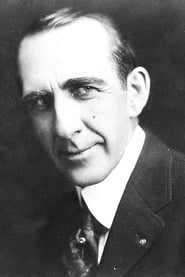
Hank (uncredited)

31 Oct 1942

In this John Nesbitt's Passing Parade short, a look is taken at the problems of film preservation efforts in the 1930s and early 1940s.
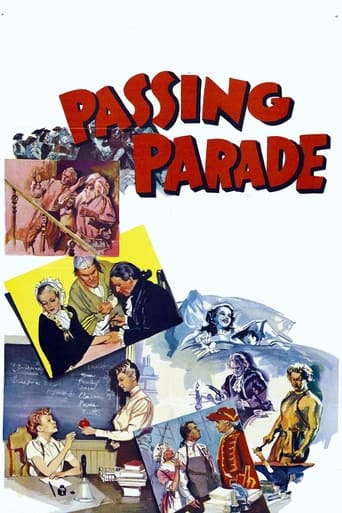
15 Nov 1941

This MGM Passing Parade series short tells the story of Julian Poydras, whose encounter with a girl at Mardi Gras had a profound effect on his later life.

07 May 1949

Historical short showing how Eli Whitney (best known for the invention of the cotton gin) played a significant role in the introduction of mass production techniques to the USA in the late 18th century.
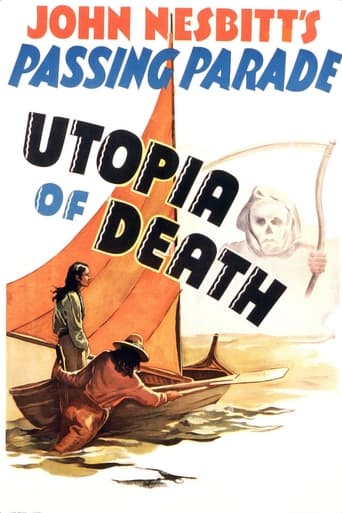
12 Oct 1940

This short film focuses on the mysterious and legendary Seri Indians who live in a utopian colony off the west coast of Mexico.
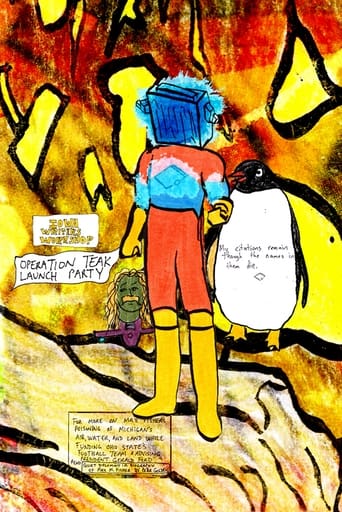

On the 10th anniversary of his band Rall Tide’s debut album, artist Peter Kotas takes you on a flowering multimedia tour of Detroit musicians trying to survive in a world where you can’t even enjoy a baseball game without supporting The Bay of Pigs. Along the way he shows you how the band’s abrupt break-up led to his career as a political journalist peeking behind the curtains of Kansas to find diplomatic wizard Mike Pompeo, Trump’s CIA Director and Secretary of State, wears no clothes. Iowa Writer’s Workshop hero Kurt Vonnegut (or some entity that knows all about his life) hosts this documentary as the ideal human from his 1985 novel Galapagos: a penguin with flippers unable to pull triggers or press buttons to bomb and kill people.
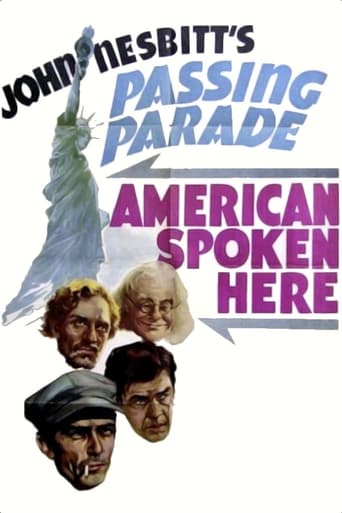
30 Nov 1940

This MGM John Nesbitt's Passing Parade series short takes a look at the origins of North American slang.
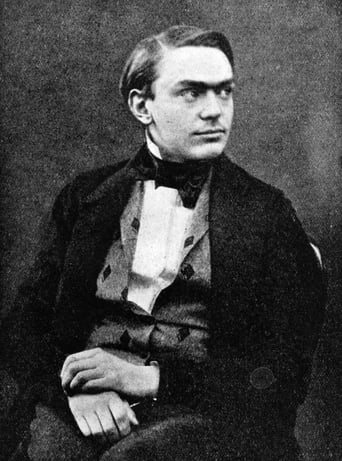
18 Feb 1939

This John Nesbitt's Passing Parade short tells the story of Alfred Nobel, who invented dynamite, and later established the Nobel Prize.
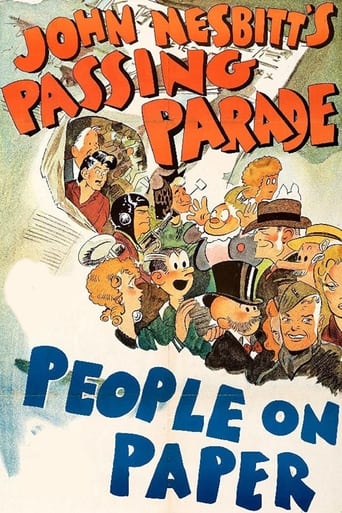
17 Nov 1945

Americans are preoccupied with the news, but need an escape from many of the events reported in the news. These escapes in the past have included dime store novels. The most accessible of these escapes is what are known as the funny papers, the set of serialized comic strips that are included within many newspapers. They appeal to all socio-economic classes, and all ages. Some of the earliest known from the late 19th century include the Yellow Kid, Little Nemo, Happy Hooligan, the Katzenjammer Kids, Mutt & Jeff, and Bringing Up Father. Many cartoonists are seen in action. Some originated their characters, while others have taken over following the passing of the originator. The joy of many comic strips are the absurd and the fantastical, which are limited only by the imagination of the cartoonist. Others are grounded in reality, which add to their poignancy within the public mindset.
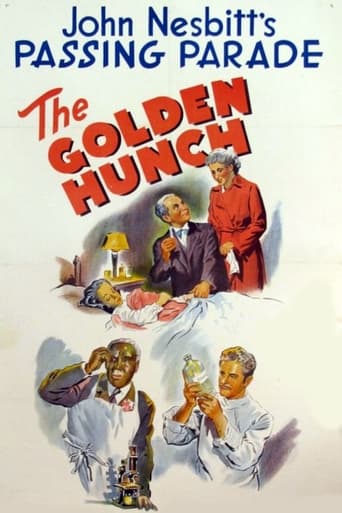
15 Nov 1945

This entry in John Nesbitt's "Passing Parade" series is about the great moments in the lives of famous men who found found an answer or made a great discovery in the flash of a golden hunch.
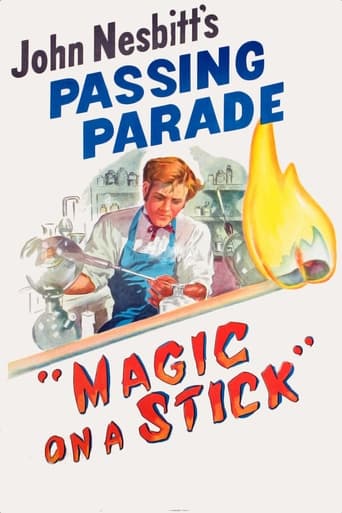
19 Jan 1946

This MGM Passing Parade series short recounts how English chemist John Walker invented the wooden friction match during the 1820s.
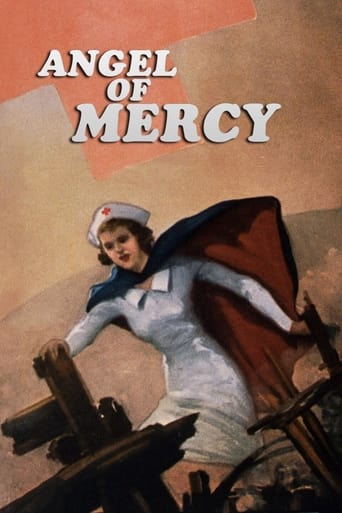
20 May 1939

This MGM Passing Parade series short tells the story of Clara Barton, the founder of the Red Cross.

19 Jun 1948

This MGM John Nesbitt's Passing Parade series short tells the story of how a Mauser pistol used on the battlefield by Germans during WWII makes its way into the hands of an American gangster.
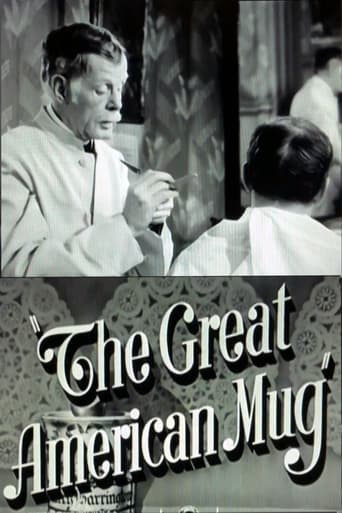
06 Oct 1945

This John Nesbitt's Passing Parade short takes a look at the typical American barbershop throughout the years.

24 Jan 1942

This John Nesbitt's Passing Parade short explores the origins of various customs such as shaking hands, kissing, and why ships are christened.
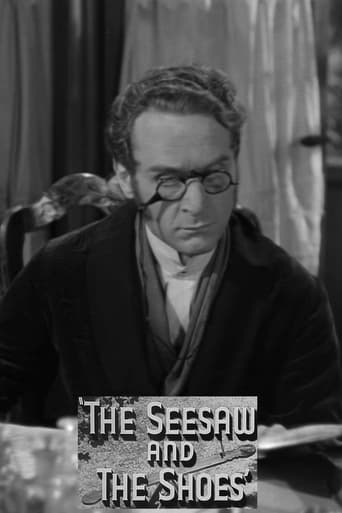
05 May 1945

This short shows how two objects led to important discoveries. Children playing with a seesaw inspire French physician Rene Laennec to invent the stethoscope, and a pair of shoes made of caoutchouc lead Charles Goodyear to discover the process for vulcanizing rubber.

17 Jun 1939

Made just before America would be forced into the Second World War, this short subject is a brief dramatized history of American democracy. It targets a perceived threat to democracy from board room and soapbox fascists who advocated a government based upon contemporaneous European models.
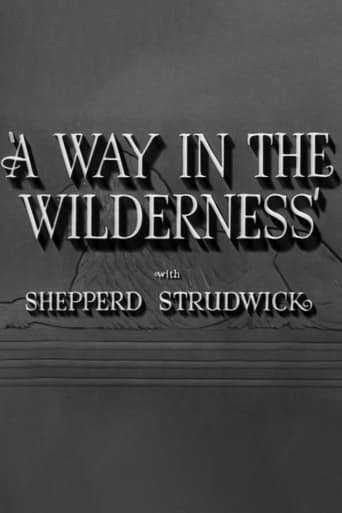
22 Jun 1940

This Passing Parade entry tells the story of Dr. Joseph Goldberger (1874-1929), a Hungarian immigrant who devoted his life to finding the cause of pellagra, a disease that killed hundreds of thousands in the southern United States. Although the medical community believed that the condition was caused by a virus, Goldberger proved that a healthy diet was the cure.
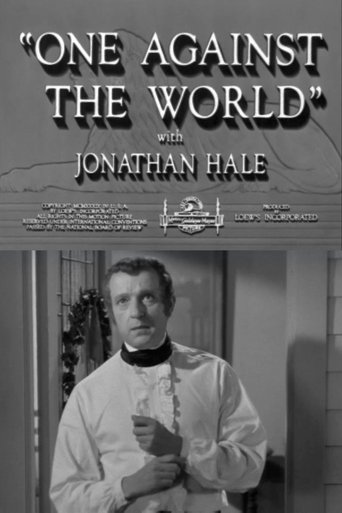
19 Aug 1939

This short film presents the story of Dr. Ephraim McDowell, who came under scrutiny for his pioneering of surgical practices.
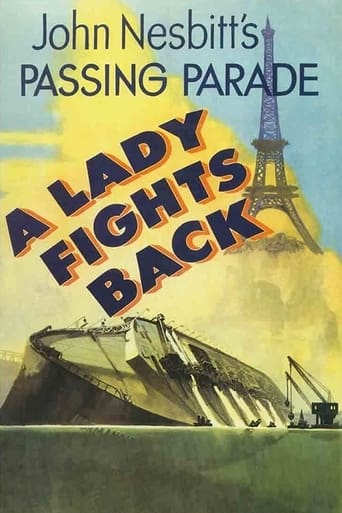
11 Nov 1944

The saga of the Normandie is recounted from her life as a luxury liner, the horrific fire that nearly destroyed her, and her resuscitation to join in the war effort. A John Nesbitt's Passing Parade short.

19 Jan 2017

The film is set in 1521 Antwerp, in a Europe ravaged by religious wars, and during the early years of the Reformation. It tells the story of the twelve year old, Falko Voeten – a printer’s son. When Falko’s father, Klaas Voeten, a printer of forbidden literature, is caught by the Inquisition for printing a letter written by Maarten Luther; Falko is unwittingly propelled into helping his father and into searching for the letter. Threatened by the Inquisition but aided by Marieke, a Catholic orphan girl from the underground sewers, Falko is faced with a race against time if he is to save his father from being executed for heresy.